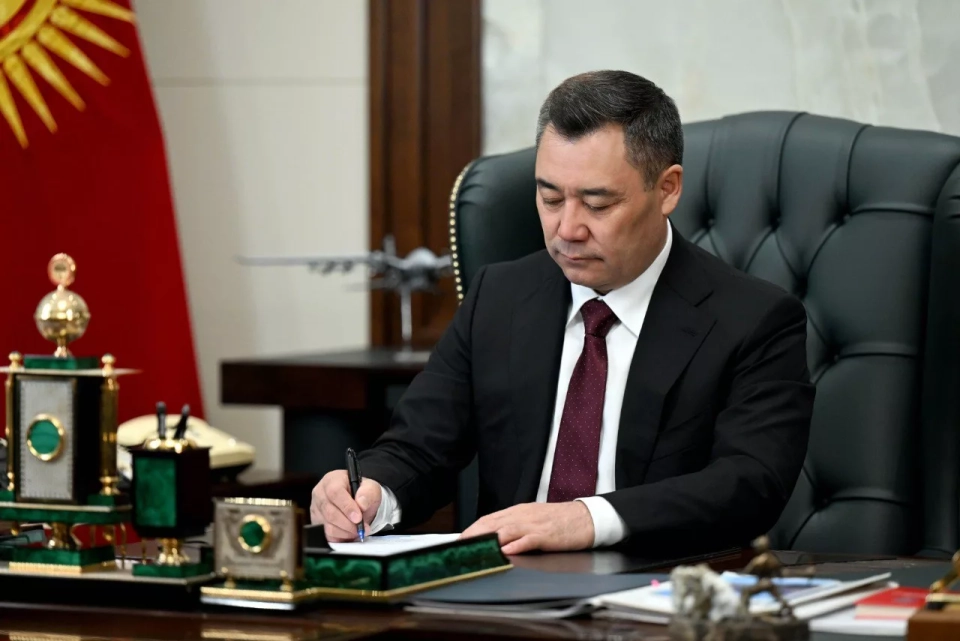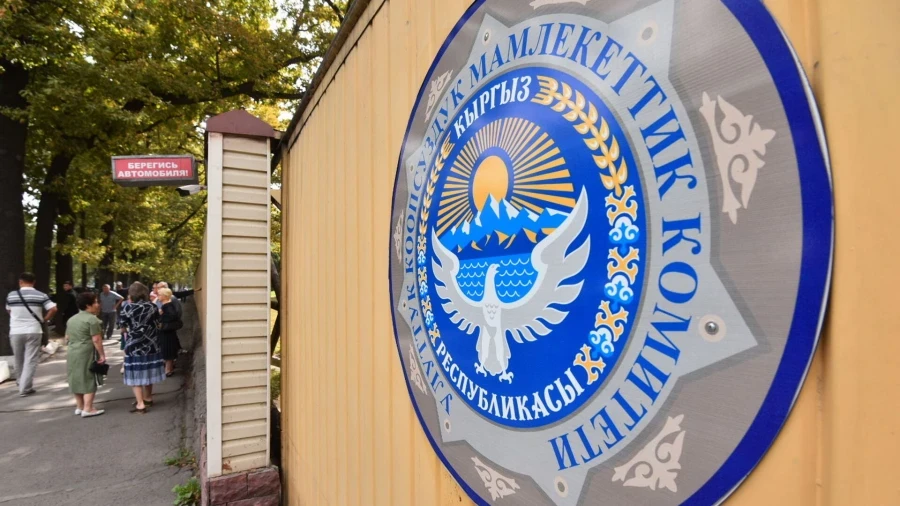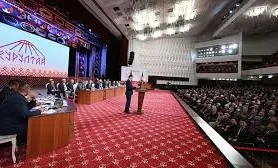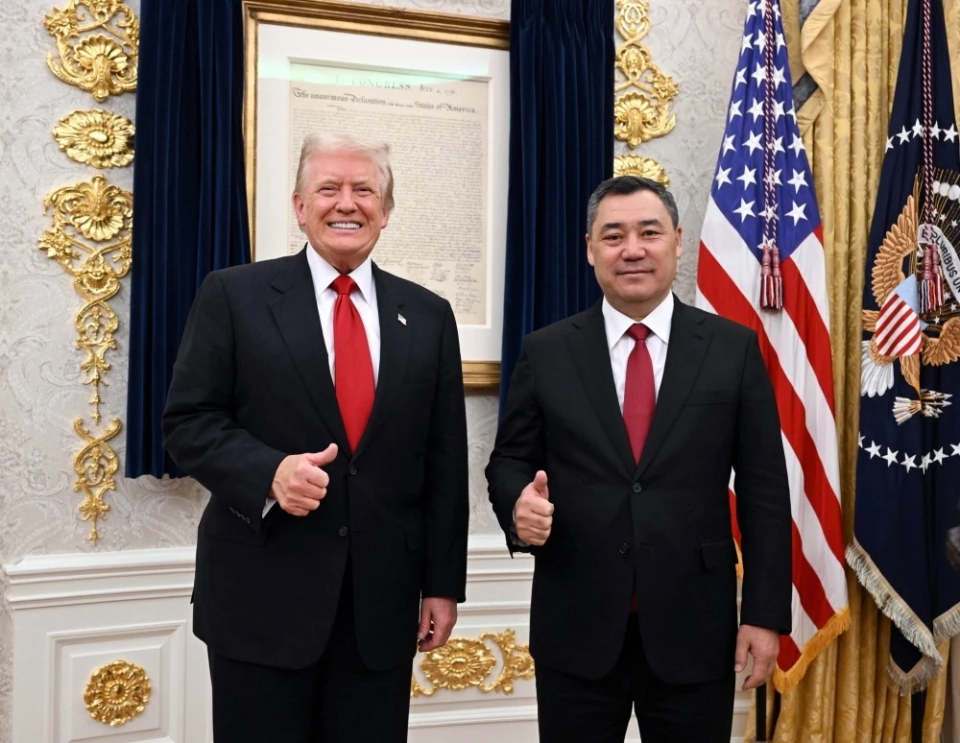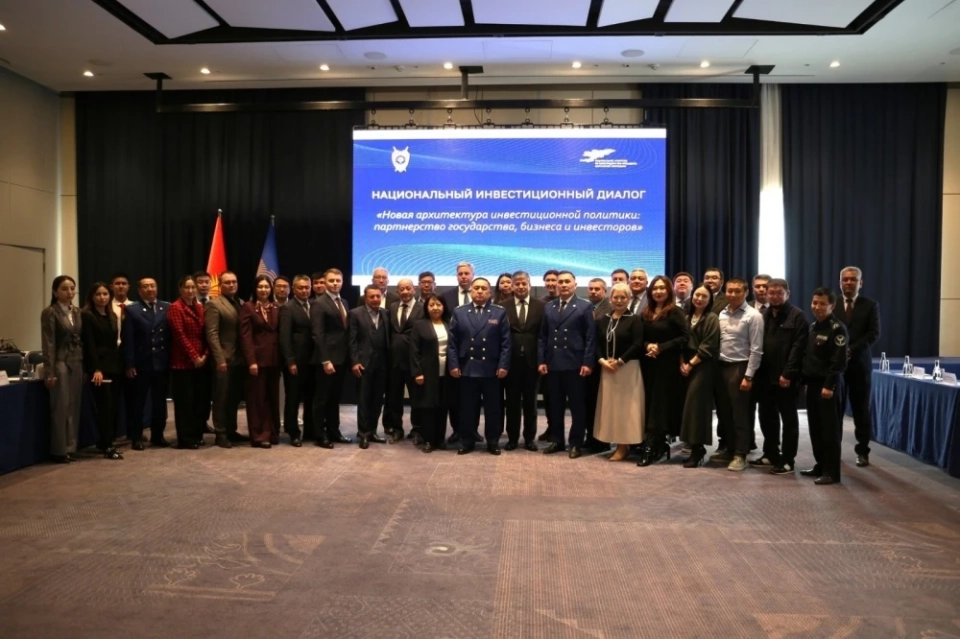The purpose of the new Law is to implement mediation as a mandatory mechanism for pre-trial and extrajudicial dispute resolution in certain categories of civil and criminal cases. It is also aimed at developing a culture of peaceful conflict resolution, strengthening trust in society, and ensuring social stability. The main provisions of the Law include:
1. Appointment of an authorized state body in the field of mediation, which will perform the following tasks:
- creation and implementation of state policy in the field of mediation;
- development of regulatory acts related to mediation;
- monitoring and analysis of law enforcement practices in this area;
- ensuring the functioning and development of the mediation system;
- informing the public about mediation;
- maintaining a Unified State Register of Mediators.
3. Creation of the Chamber of Mediators of Kyrgyzstan as a single, self-governing, and self-financing professional community with mandatory membership.
4. Organization of professional training for mediators, which includes:
- basic training of at least 80 hours at the training center of the Chamber of Mediators;
- annual professional development of at least 16 hours.
6. Creation of Mediation Centers — legal entities established by two or more mediators.
7. Legal guarantees for the enforcement of mediation agreements, including:
- recognition of the mediation agreement as a civil law transaction;
- granting notarized agreements the status of an enforceable document;
- recognition of agreements concerning the transfer of ownership of real estate as title documents.
- amendments to the Civil Procedure Code, obliging parties to attend the mediation information meeting;
- adjustments to the Code on Non-Tax Revenues, according to which, when resolving a dispute through mediation, half of the state duty is paid;
- changes to the Criminal Executive Code, obliging the administration of the correctional institution or the command of the disciplinary unit to submit a request to the court with materials on the mediation agreement;
- amendments to the Criminal Procedure Code allowing the termination of a criminal case with the consent of the accused and the victim through a mediator; information obtained at the mediation meeting will be considered inadmissible evidence;
- changes to the Law "On Guaranteed State Legal Assistance," providing for legal assistance in the form of mediation support;
- amendments to the Law "On the Status of Judicial Executors," recognizing notarized mediation agreements as enforceable documents;
- changes to the Labor Code introducing a mandatory pre-trial procedure for resolving labor disputes through mediation.




